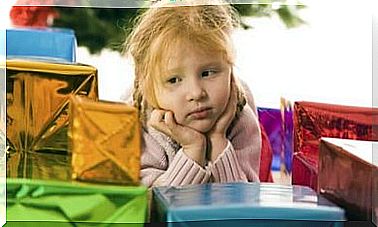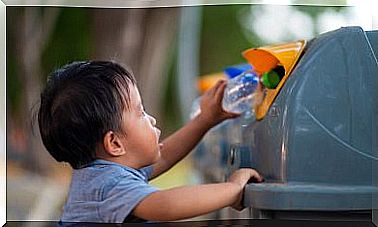Children’s Independence Is Fundamental To Their Adult Success
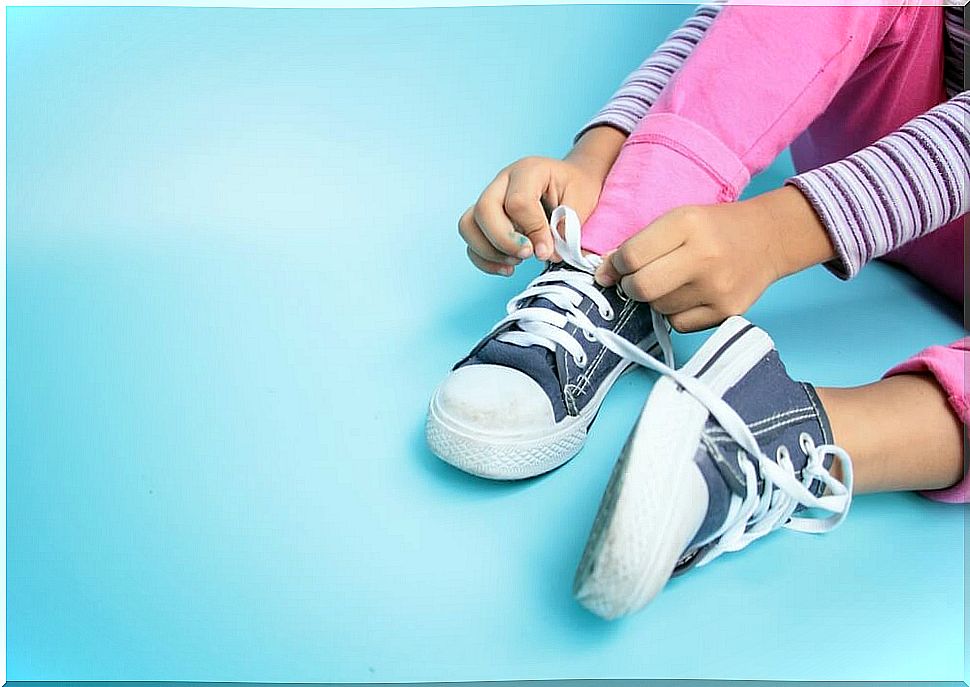
Protecting children or putting them inside an emotional bubble will not make them really grow internally. Children need responsibility. A father who does not give them responsibilities according to their age will not be doing their children any favors, even if what they are doing is basic tasks. Children’s independence is critical to their adult success and will depend on childhood responsibilities.
The helplessness learned
In fact, children can develop learned helplessness. Learned helplessness is when a child lacks independence and cannot or will not perform age-appropriate tasks. For your child to gain confidence and become more responsible, it is necessary to promote his childhood independence.
With learned helplessness, a child will think that it is not worth the effort because he will not be able to do things well even if he tries and even if he has the capacity and the necessary tools to do them.
Having been overprotected by parents or because others have always done things for him before, he feels that it is not worth doing because he will not do it well. Insecurity and low self-esteem undermine your real ability to get things done.
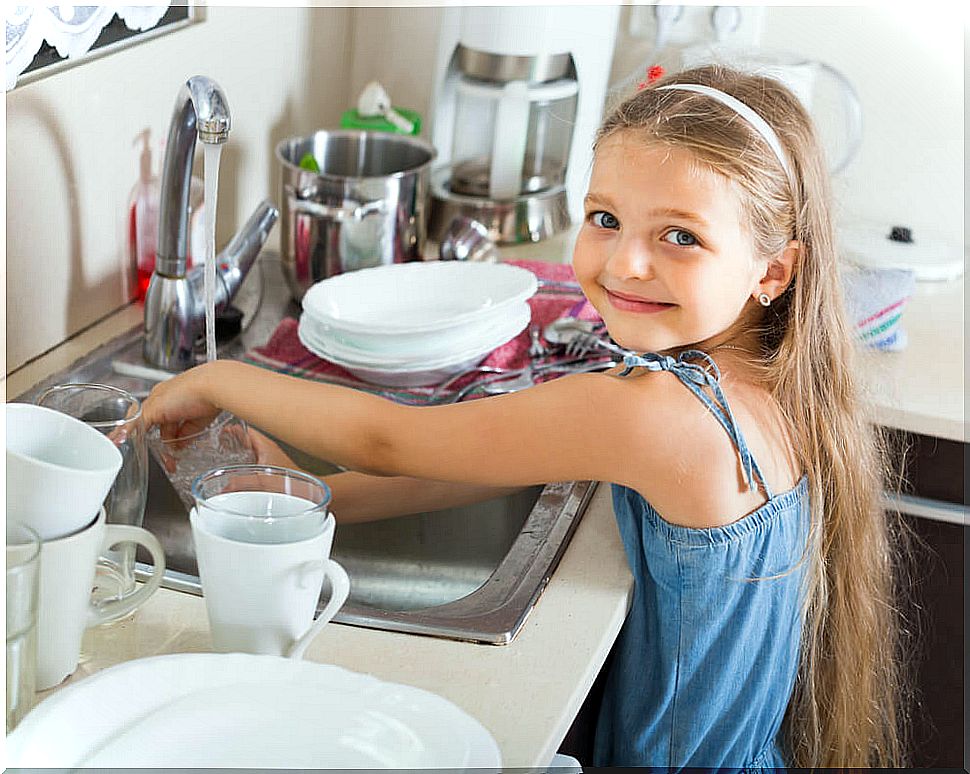
Rabbits to increase children’s independence
If you want your child to be successful in his adult life, it is your duty to enhance and increase his childhood independence. Your child needs to realize that he is absolutely capable of doing the things for which he has sufficient skills and that, in addition, everything is learned if you have good teaching. In your upbringing you can teach him to increase it. Do not miss these tips!
make a list
Create a list of tasks that your child could do on his own, such as getting dressed or putting away toys. Talk to your child about the defects you think he can do. If you are not sure, tell him to do it in front of you to see if he is capable or if he just needs a little help. Eliminate tasks that you’re not ready for. Children will do better when they know what is expected of them.
Don’t expect perfection
Don’t expect perfection in your child’s homework. Children are still discovering their motor skills, so some mishaps can happen, like spilling juice when they want to pour themselves a drink.
If he is wrong, do not criticize him, or get angry, as this will only increase his insecurity. Instead, teach him the right way to do things. Tell him that we all make mistakes and that no one is perfect.
Allow enough time
Children tend to need more time to finish tasks compared to adults. Give her the time she needs to avoid stress. For example, if your child takes ten minutes to put on his clothes in the morning, start his daily routine earlier. As they practice, they will become faster at their tasks.
Develop a routine for child independence
Children need routines to control their responsibilities and work on children’s independence . If their daily schedule is constantly changing, they will get confused. Explain when they need to complete specific tasks. For example, you can tell your child to pick up his toys before getting ready for bed. As bedtime approaches, remind your child to brush their teeth before putting on their pajamas.
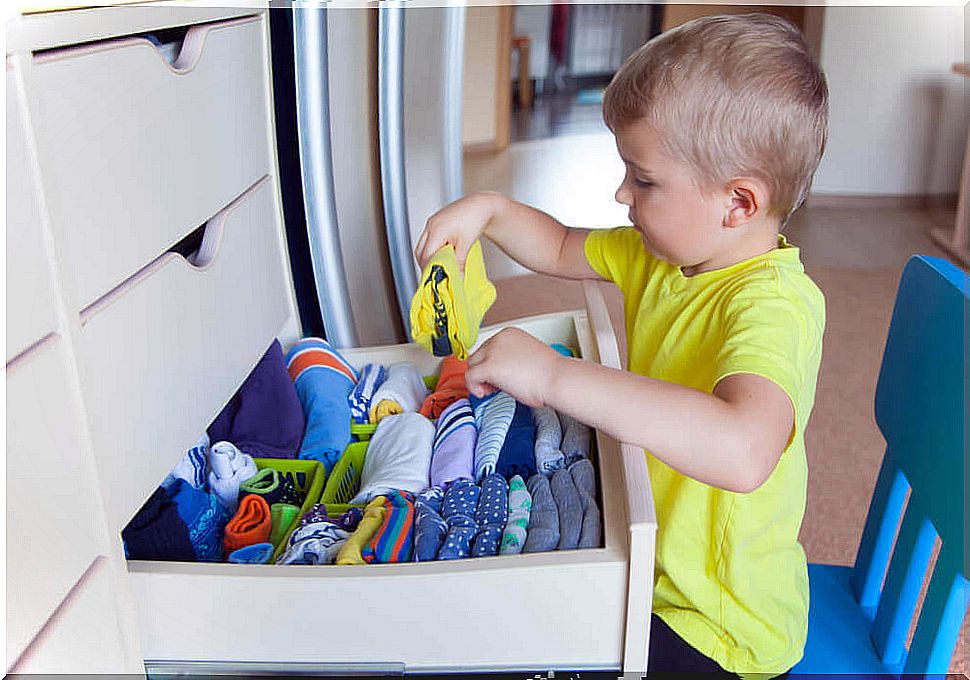
Offer praise
Children love to be recognized for the things they do. Praise your child when he does something on his own, especially if it is something he needed help with before. You can even turn mistakes into praise. For example, if your child wears his shirt backwards, you may recognize that he was able to choose clothes and dress himself.
Sense of responsibility and achievement for child independence
Encourage your child when he is frustrated. It may seem easier and faster to do things for your children rather than allowing them to do it themselves. However, when you give children the opportunity to do tasks on their own, they begin to develop a sense of responsibility and accomplishment.
As they get older, they will be able to use their problem solving skills to tackle new situations with ease. Fostering children’s independence and responsibility results in a person who is confident, resourceful, respectful, and able to recognize and meet needs.






